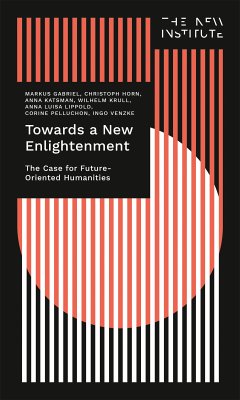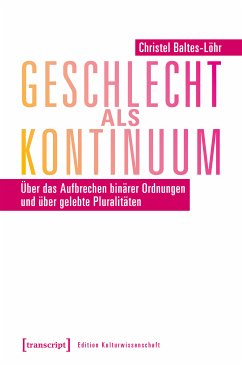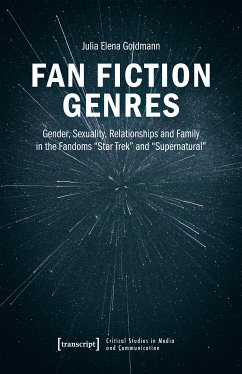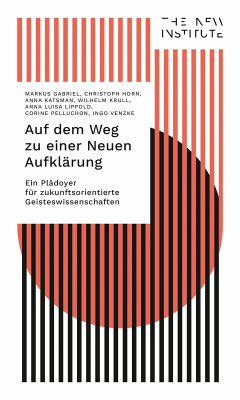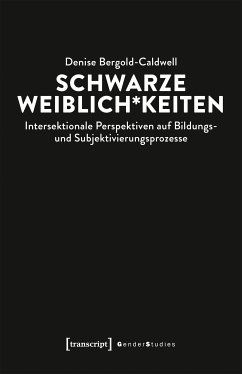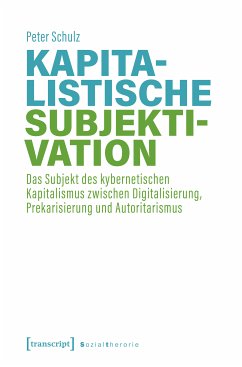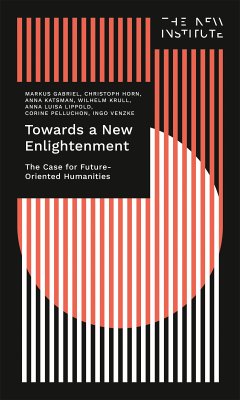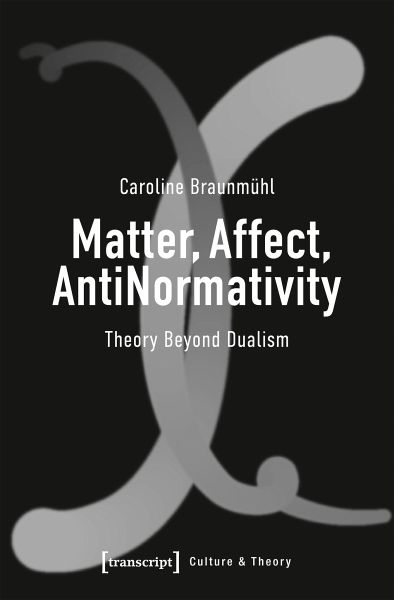
Matter, Affect, AntiNormativity (eBook, PDF)
Theory Beyond Dualism
Versandkostenfrei!
Sofort per Download lieferbar
0,00 €
inkl. MwSt.
Weitere Ausgaben:

PAYBACK Punkte
0 °P sammeln!
Dualistic thinking has been questioned by some writers associated with the material, ontological, and affective turns. Yet, these and other writers linked to the ¿turns¿ have themselves reproduced dualistic theorizing. Caroline Braunmühl also shows that there are dualistic patterns in significant contributions to queer theory as well as Foucauldian diagnoses of the present. From a perspective sympathetic to the critical efforts made by poststructuralist and related theorists, she analyzes works by Sara Ahmed, Karen Barad, Michael Hardt, Antonio Negri, Michel Foucault, and others. The book s...
Dualistic thinking has been questioned by some writers associated with the material, ontological, and affective turns. Yet, these and other writers linked to the ¿turns¿ have themselves reproduced dualistic theorizing. Caroline Braunmühl also shows that there are dualistic patterns in significant contributions to queer theory as well as Foucauldian diagnoses of the present. From a perspective sympathetic to the critical efforts made by poststructuralist and related theorists, she analyzes works by Sara Ahmed, Karen Barad, Michael Hardt, Antonio Negri, Michel Foucault, and others. The book suggests specific alternatives to dualistic as well as identitarian ways of framing conceptual pairs such as matter/mind, affect/discourse and negativity/affirmation.
Dieser Download kann aus rechtlichen Gründen nur mit Rechnungsadresse in A, D ausgeliefert werden.




